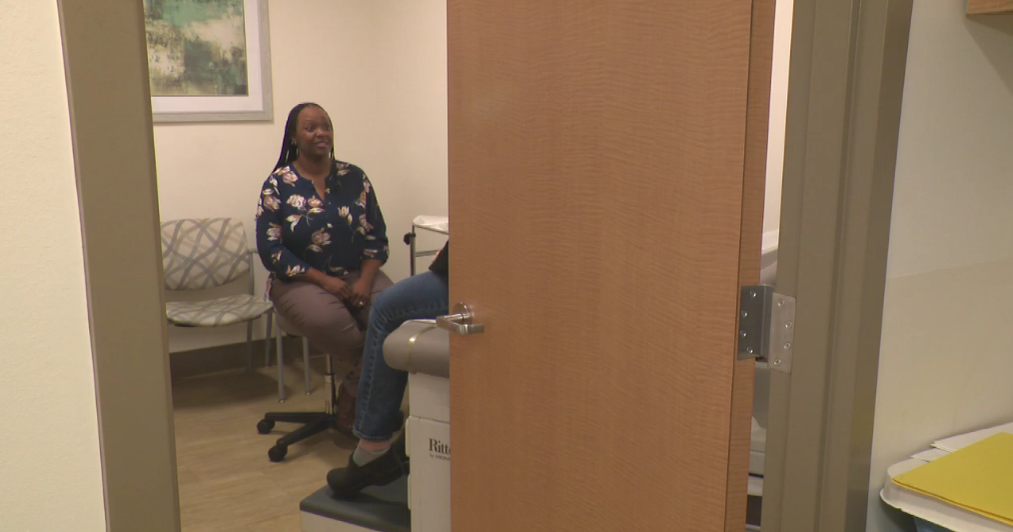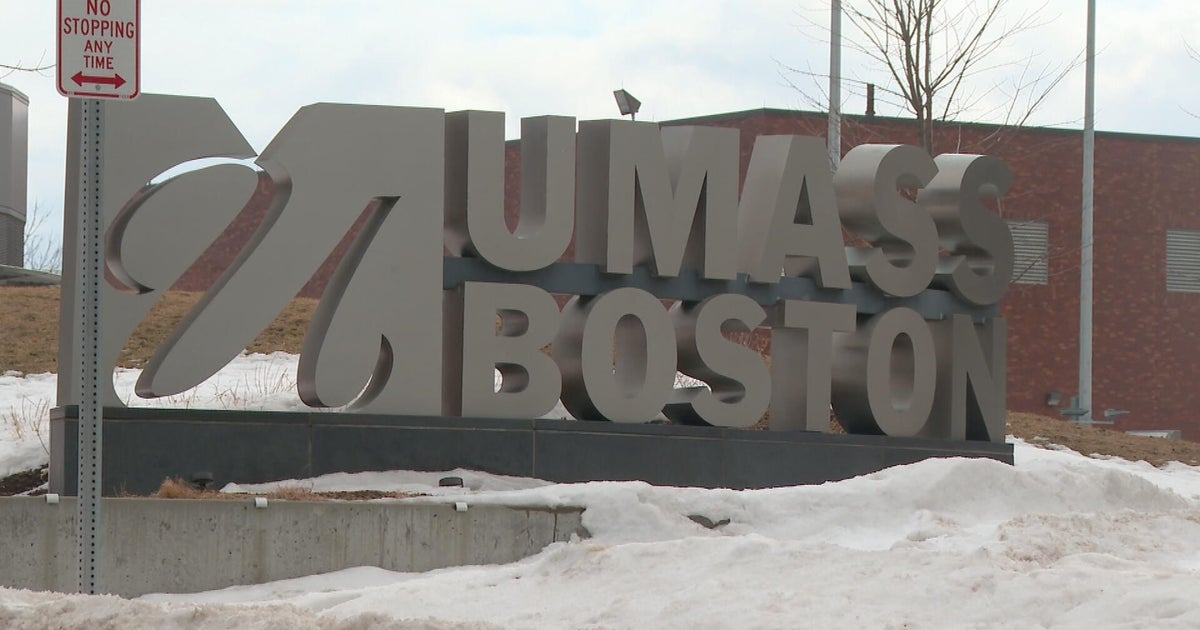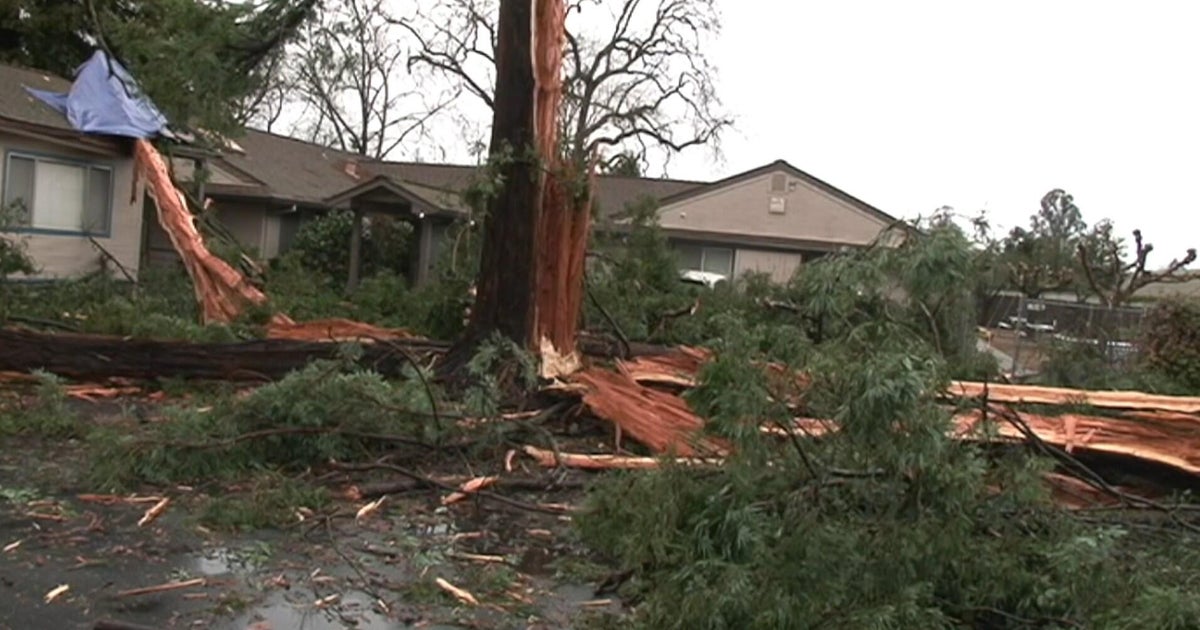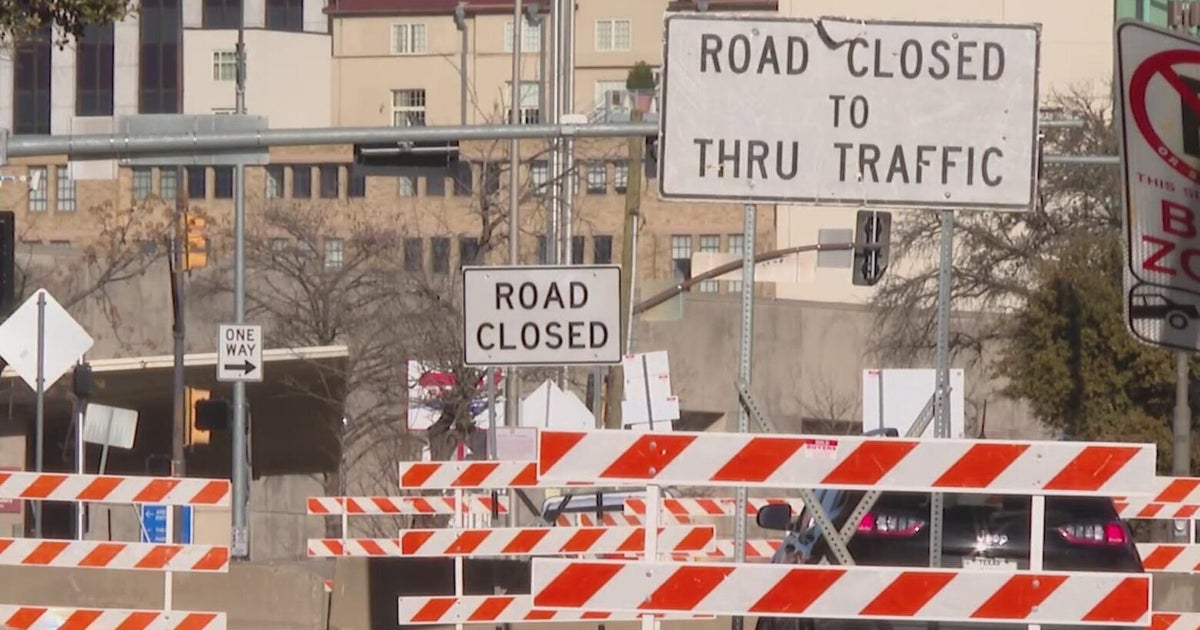Expert: As climate change continues, heat waves and power outages will too
BOSTON – Residents in parts of South Boston were without power for nearly 24 hours on the hottest day of the summer. Starting on Sunday night around 7:30, hundreds of customers lost power.
"At first, [Eversource] told us it was going to come back around nine so I was like, 'oh that's fine I can sleep through this,'" said Courtney Leblanc from the stoop of her home on East Sixth Street. But the power outage was not fixed by nine; in fact, the power did not come back on for nearly 24 hours.
"Not only am I sweating but I'm also a little concerned about like the food that I've lost," Leblanc added. "It's just a whole slew of problems that it's caused."
Leblanc felt privileged to go to the office for a few hours Monday and sit in comfortable air conditioning. Others, like Scott Meyer, weren't so lucky – stuck trying to work from home with no AC and laptops with dying batteries. "It's been a lot of time going 'we will be [online] later!' And then it just never happened… And then when a neighbor got electricity, I had to leave my house to go work at their house for a few hours just to get things done."
From Acton to Falmouth to Boston, the seven-day heat wave saw a flurry of power outages. "Basically, what happens, the network gets overloaded," explained Dr. Ozlem Ergun, a Professor of Engineering at Northeastern University. "It's not really the infrastructure, in the sense that the infrastructure is built for a certain level of demand, and when you get a heat wave at this level, then the demand just increases beyond expectations and really drives the outages."
In the short term, that has worked for our state, she said, since heat waves of this nature are so rare. However, for the long term, upgrades to allow the system to accommodate warmer weather may be necessary, she explained. "Given the climate change effects that we expect, this is going to become the norm and not the exception," Dr. Ergun said.
In the short term, to help avoid outages like we've seen in the last week, power companies could communicate with customers more about what causes outages or even offer incentives for using less electricity during a heat wave, Dr. Ergun explained.
"Even things like maybe don't wash your dishes or don't wash your clothes at a certain time of the day, just choose to do it at another time," she said. "It could be as simple as that without a dramatic effect on your lifestyle" to avoid bogging down a system full of an ever-increasing number of homes with more and more air conditioning units and electrical equipment as the years go on.








